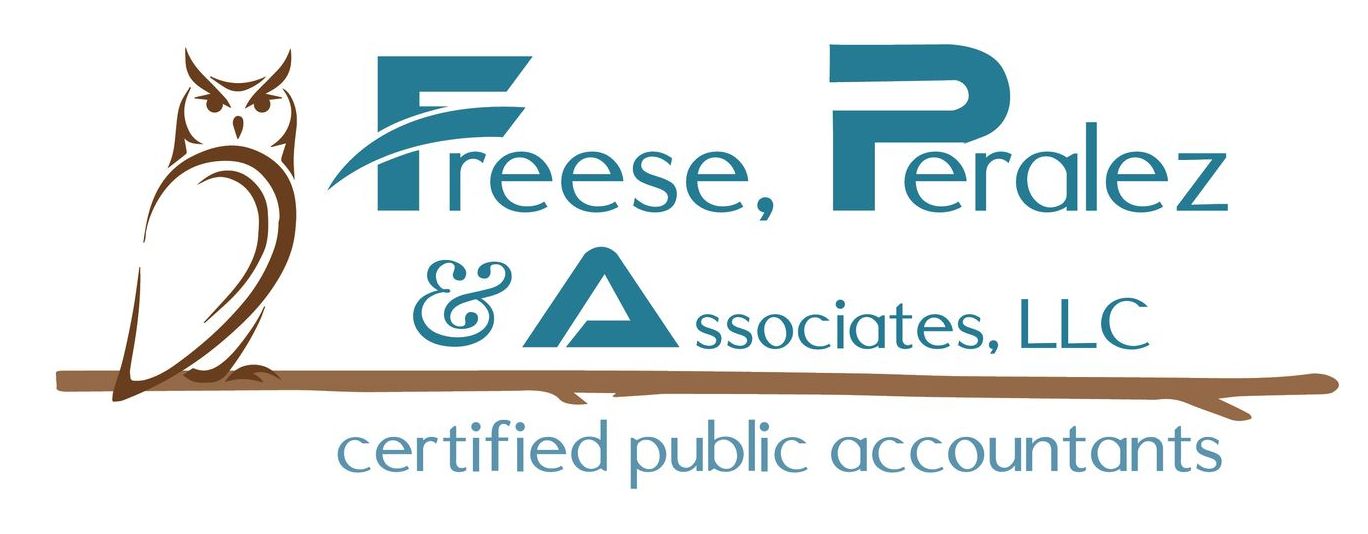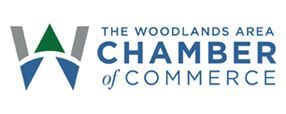Education benefits help attract, retain and motivate your employees
Education benefits help attract, retain and motivate your employees

One popular fringe benefit is an education assistance program that allows employees to continue learning and perhaps earn a degree with financial assistance from their employers. One way to attract, retain and motivate employees is to provide education fringe benefits so that team members can improve their skills and gain additional knowledge. An employee can receive, on a tax-free basis, up to $5,250 each year from his or her employer under a “qualified educational assistance program.”
For this purpose, “education” means any form of instruction or training that improves or develops an individual’s capabilities. It doesn’t matter if it’s job-related or part of a degree program. This includes employer-provided education assistance for graduate-level courses, including those normally taken by individuals pursuing programs leading to a business, medical, law or other advanced academic or professional degrees.
More requirements
The educational assistance must be provided under a separate written plan that’s publicized to your employees, and must meet a number of conditions, including nondiscrimination requirements. In other words, it can’t discriminate in favor of highly compensated employees. In addition, not more than 5% of the amounts paid or incurred by the employer for educational assistance during the year may be provided for individuals (including their spouses or dependents) who own 5% or more of the business.
No deduction or credit can be taken by the employee for any amount excluded from the employee’s income as an education assistance benefit.
Job-related education
If you pay more than $5,250 for educational benefits for an employee during the year, he or she must generally pay tax on the amount over $5,250. Your business should include the amount in income in the employee’s wages. However, in addition to, or instead of applying the $5,250 exclusion, an employer can satisfy an employee’s educational expenses on a nontaxable basis, if the educational assistance is job-related . To qualify as job-related, the educational assistance must:
- Maintain or improve skills required for the employee’s then-current job, or
- Comply with certain express employer-imposed conditions for continued employment.
“Job-related” employer educational assistance isn’t subject to a dollar limit. To be job-related, the education can’t qualify the employee to meet the minimum educational requirements for qualification in his or her employment or other trade or business.
Educational assistance meeting the above “job-related” rules is excludable from an employee’s income as a working condition fringe benefit.
Assistance with student loans
In addition to education assistance, some employers offer student loan repayment assistance as a recruitment and retention tool. Starting next year, employers can help more. Under the SECURE 2.0 law, an employer will be able to make matching contributions to 401(k) and certain other retirement plans with respect to “qualified student loan payments.” The result of this provision is that employees who can’t afford to save money for retirement because they’re repaying student loan debt can still receive matching contributions from their employers. This will take effect in 2024.
Contact us to learn more about setting up an education assistance or student loan repayment plan at your business.
Schedule an appointment today!
One popular fringe benefit is an education assistance program that allows employees to continue learning and perhaps earn a degree with financial assistance from their employers. One way to attract, retain and motivate employees is to provide education fringe benefits so that team members can improve their skills and gain additional knowledge. An employee can receive, on a tax-free basis, up to $5,250 each year from his or her employer under a “qualified educational assistance program.”
For this purpose, “education” means any form of instruction or training that improves or develops an individual’s capabilities. It doesn’t matter if it’s job-related or part of a degree program. This includes employer-provided education assistance for graduate-level courses, including those normally taken by individuals pursuing programs leading to a business, medical, law or other advanced academic or professional degrees.
More requirements
The educational assistance must be provided under a separate written plan that’s publicized to your employees, and must meet a number of conditions, including nondiscrimination requirements. In other words, it can’t discriminate in favor of highly compensated employees. In addition, not more than 5% of the amounts paid or incurred by the employer for educational assistance during the year may be provided for individuals (including their spouses or dependents) who own 5% or more of the business.
No deduction or credit can be taken by the employee for any amount excluded from the employee’s income as an education assistance benefit.
Job-related education
If you pay more than $5,250 for educational benefits for an employee during the year, he or she must generally pay tax on the amount over $5,250. Your business should include the amount in income in the employee’s wages. However, in addition to, or instead of applying the $5,250 exclusion, an employer can satisfy an employee’s educational expenses on a nontaxable basis, if the educational assistance is job-related. To qualify as job-related, the educational assistance must:
- Maintain or improve skills required for the employee’s then-current job, or
- Comply with certain express employer-imposed conditions for continued employment.
“Job-related” employer educational assistance isn’t subject to a dollar limit. To be job-related, the education can’t qualify the employee to meet the minimum educational requirements for qualification in his or her employment or other trade or business.
Educational assistance meeting the above “job-related” rules is excludable from an employee’s income as a working condition fringe benefit.
Assistance with student loans
In addition to education assistance, some employers offer student loan repayment assistance as a recruitment and retention tool. Starting next year, employers can help more. Under the SECURE 2.0 law, an employer will be able to make matching contributions to 401(k) and certain other retirement plans with respect to “qualified student loan payments.” The result of this provision is that employees who can’t afford to save money for retirement because they’re repaying student loan debt can still receive matching contributions from their employers. This will take effect in 2024.
Contact us to learn more about setting up an education assistance or student loan repayment plan at your business.
© 2023
















